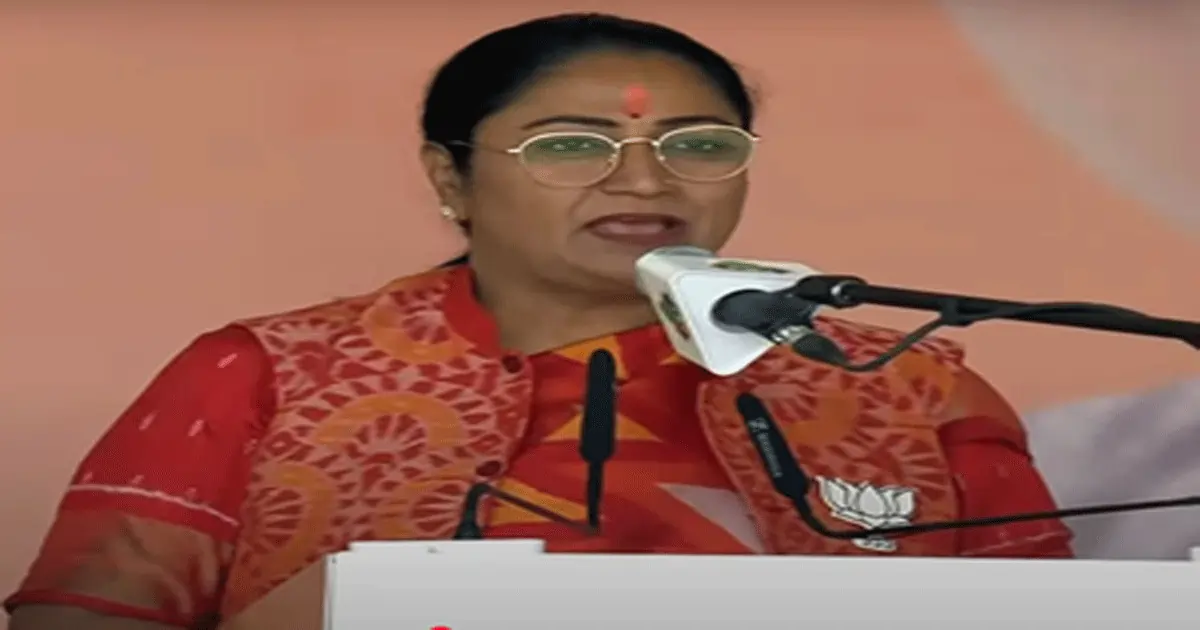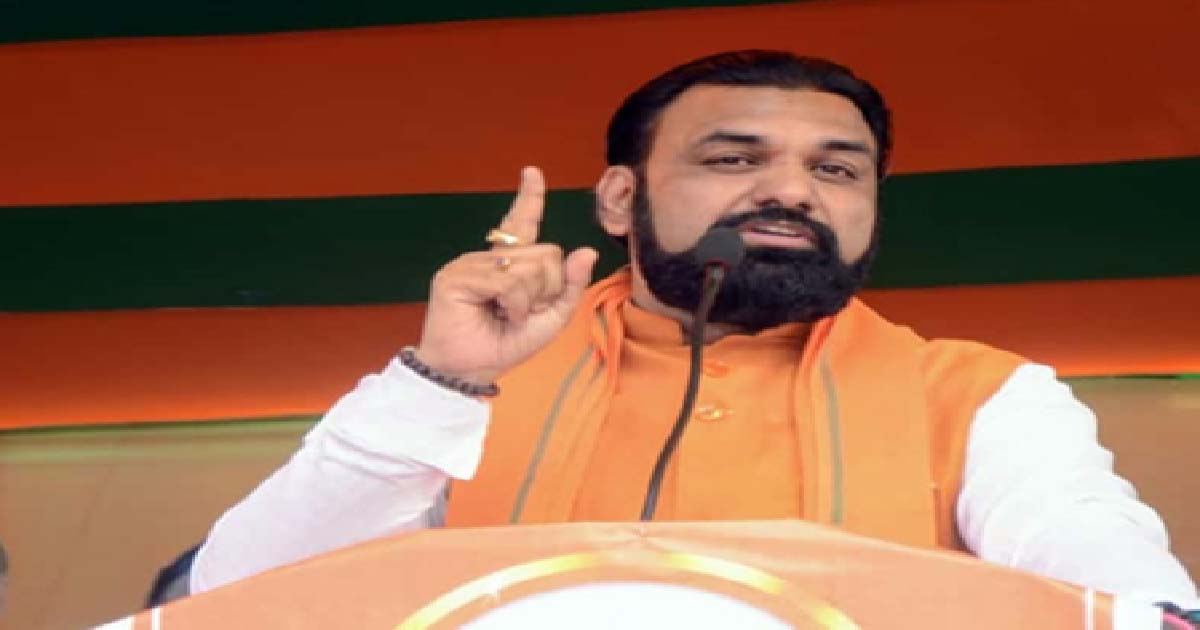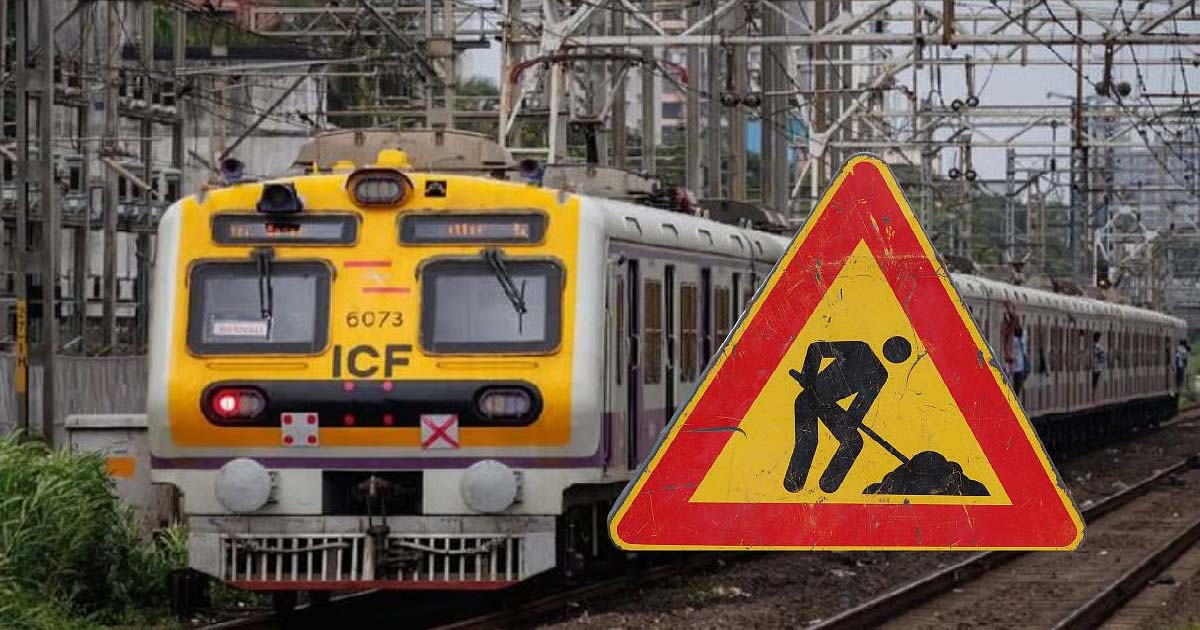National News
Rekha Gupta sworn in as Delhi CM; PM Modi, BJP CMs attend oath ceremony

New Delhi, Feb 20: Rekha Gupta took oath as the Delhi Chief Minister at the grand swearing-in ceremony at the city’s Ramlila Maidan on Thursday. The ceremony which marked the return of BJP to power after a gap of 27 years, saw the presence of Prime Minister Narendra Modi, Defence Minister Rajnath Singh along with many Chief Ministers from BJP-ruled states.
As the national Capital got its fourth woman Chief Minister, this also marked a show of strength for the NDA alliance as they all reached Delhi for participating in the ceremony.
Rekha Gupta is the fourth woman Chief Minister of Delhi after Sheila Dikshit, Sushma Swaraj and Atishi.
She is also the fourth BJP chief minister in the capital, after Madan Lal Khurana, Sahib Singh Verma and Sushma Swaraj.
Rekha Gupta’s Cabinet is likely to have six ministers. Along with Rekha Gupta, other BJP MLAs who took oath included Parvesh Singh Verma, Ravinder Indraj Singh, Ashish Sood, Manjinder Singh Sirsa, Kapil Mishra and Pankaj Kumar Singh.
Parvesh Singh Verma emerged as the giant slayer in Delhi elections as he trounced former Delhi Chief Minister and AAP’s National Convenor Arvind Kejriwal by a margin of over 3,000 votes.
Earlier, Rekha Gupta was invited by Delhi Lieutenant Governor VK Saxena to form the new government as she staked claim for government formation on Wednesday evening. She won the Shalimar Bagh seat, defeating AAP’s Bandana Kumari by over 29,000 votes in the Assembly elections.
According to reports, Rekha Gupta’s Cabinet is likely to hold its first meeting at Delhi Secretariat around 3 pm and could implement the Mahila Samriddhi Yojna, the poll pledge under which women beneficiaries will get monthly payment of Rs 2,500.
The Ayushman Bharat health insurance scheme is also likely to get the green signal from the new Delhi Cabinet.
Crime
Samrat Choudhary takes charge as Bihar Home Minister; warns criminals

Patna, Nov 22: After becoming Bihar’s Home Minister, Deputy Chief Minister Samrat Choudhary has taken a tough stance on maintaining law and order in the state.
On Saturday, soon after assuming office, he issued a stern warning to criminals, declaring that no offender would be spared and that the police had been given full freedom to act.
Deputy CM Choudhary said that the police are no longer bound and now have complete authority to take action openly.
He reaffirmed that criminals have no place in Bihar and asserted that the Home Ministry will work under the guidance of Chief Minister Nitish Kumar.
Good governance, he said, existed earlier and would continue even more firmly in the future.
He added that the ‘jungle raj’ that had been eliminated would not be allowed to return.
Responding to a query about his earlier controversial remark — saying that criminals in Bihar would be cremated in Gaya — the State Home Minister said the police were doing their job.
This marks the first time Chief Minister Nitish Kumar has handed over the Home Department to the BJP since 2005.
In the new Cabinet, along with Nitish Kumar, 26 Ministers were sworn-in.
Samrat Choudhary has been appointed both the Deputy Chief Minister and Home Minister, while Vijay Kumar Sinha has also been appointed the Deputy Chief Minister of Bihar.
He is holding the charge of Revenue, Land Reforms and Mining departments in the Nitish Kumar-led Bihar government.
Ministers from all NDA constituents have found a place in the Bihar Cabinet.
The BJP has the highest representation in the state Cabinet with 14 Ministers, followed by Janata Dal-United with eight, Lok Janshakti Party-Ram Vilas with two, Hindustani Awam Morcha (HAM) with one, and Rashtriya Lok Morcha (RLM) with one.
Despite having two Deputy CMs and 14 Ministers, the BJP’s share of the allocated departmental budget is lower compared to JD-U.
The BJP controls 29.22 per cent of the total budget, LJP-RV Ministers 0.91 per cent, HAM 0.58 per cent, and RLM 3.56 per cent.
The remaining departments, accounting for around 65 per cent of the total budget, remain with the JD-U.
Crime
Palghar Crime: 3 Arrested For Attempted Murder And ₹10 Lakh Robbery In Vasai; Police Bust Interstate 6-Member Gang

Palghar, Maharashtra, Nov 22: The Crime Detection Unit (Unit 2) of the Mira-Bhayander, Vasai-Virar Police has arrested three men involved in an attempted murder and armed robbery at a residence in Vasai, recovering gold jewellery and cash worth ₹10 lakh.
The incident took place on November 18 when three unidentified men forcibly entered the home of 37-year-old Geeta Raut in Reliable Glory Building at Sativali, Vasai West.
The intruders threatened Raut and her son Santosh at knifepoint, demanding information about the location of their gold. When Raut said she did not know, one of the assailants attempted to stab her.
She managed to evade the blow but sustained an injury to her left arm. The attackers then broke open a cupboard and escaped with 12 tolas of gold ornaments and a mobile phone.
Following the registration of the case at Waliv Police Station, officials conducted a detailed investigation at the crime scene and surrounding areas.
Through technical analysis and intelligence from informers, the police identified the suspects and learned that they were residing in Nandagaon, Karnataka.
A team was immediately dispatched, and on November 20, three accused were detained along with 8 tolas of stolen gold, cash, and a mobile phone, collectively valued at ₹10 lakh. During interrogation, it was revealed that they were part of a six-member gang involved in the crime.
The arrested accused have been identified as Ashok alias Babu Raju Shinde, a resident of Shantinagar Dongripada in Vasai East originally from Nandagaon in Karnataka; Abdul Rauf Hashmi, a resident of Richard Compound in Manocha Pada, Vasai East originally from Jaunpur in Uttar Pradesh; and Ritik Ravi Belangi, also living in Richard Compound and originally from Nandagaon in Karnataka.
Police have also named three absconding accomplices: Nur Hasan Khan from Patil Wadi in Nalasopara East, Suraj Kishor Jadhav from Shantinagar in Nalasopara East, and Kalu Prabhakar Sahu from Kendrapara in Odisha.
The detained suspects have been handed over to Waliv Police for further action under relevant sections of the Bharatiya Nyaya Sanhita. Further investigation is underway.
National News
Mega Block On Sunday, 23-11-2025: Mumbai Local Train Services To Be Affected On CR’s Main Line, No Block On Harbour & Trans-Harbour Line; Check Details

Mumbai, Nov 22: Central Railway, Mumbai Division will operate Mega Block on its main line suburban sections to carry out various engineering and maintenance works on Sunday, 23th November.
UP and DOWN FAST Lines between Thane and Kalyan stations from 10.40 am to 3.40 pm
Down Fast/Semi-Fast local services departing CSMT Mumbai from 09.34 am to 15
3.03 pm will be diverted on Down Slow line between Thane and Kalyan stations halting at Kalva, Mumbra and Diva stations in addition to their respective scheduled halts and will arrive destination 10 minutes later than their scheduled arrival.
Up Fast/Semi-fast services departing Kalyan from 10.28 am to 3.40 pm will be diverted on Up Slow line between Kalyan and Thane stations halting at Diva, Mumbra and Kalva stations in addition to their respective scheduled halts and further re-diverted on Up Fast line at Mulund station and will arrive destination 10 minutes later than their scheduled arrival.
Down Mail/Express trains departing CSMT/Dadar will be diverted on 5th line between Thane and Kalyan stations.
Up Mail/Express trains arriving CSMT/Dadar will be diverted on 6th line between Kalyan and Thane/ Vikhroli stations.
There will be no Mega block on Harbour line & Trans-Harbour line-Only special traffic block between Belapur & Panvel.
According to Railway, these maintenance mega blocks are essential for infrastructure upkeep and safety. Passengers are requested to bear with the Railway Administration for the inconvenience caused.
-

 Crime3 years ago
Crime3 years agoClass 10 student jumps to death in Jaipur
-

 Maharashtra1 year ago
Maharashtra1 year agoMumbai Local Train Update: Central Railway’s New Timetable Comes Into Effect; Check Full List Of Revised Timings & Stations
-

 Maharashtra1 year ago
Maharashtra1 year agoMumbai To Go Toll-Free Tonight! Maharashtra Govt Announces Complete Toll Waiver For Light Motor Vehicles At All 5 Entry Points Of City
-

 Maharashtra1 year ago
Maharashtra1 year agoFalse photo of Imtiaz Jaleel’s rally, exposing the fooling conspiracy
-

 National News1 year ago
National News1 year agoMinistry of Railways rolls out Special Drive 4.0 with focus on digitisation, cleanliness, inclusiveness and grievance redressal
-

 Maharashtra1 year ago
Maharashtra1 year agoMaharashtra Elections 2024: Mumbai Metro & BEST Services Extended Till Midnight On Voting Day
-

 National News1 year ago
National News1 year agoJ&K: 4 Jawans Killed, 28 Injured After Bus Carrying BSF Personnel For Poll Duty Falls Into Gorge In Budgam; Terrifying Visuals Surface
-

 Crime1 year ago
Crime1 year agoBaba Siddique Murder: Mumbai Police Unable To Get Lawrence Bishnoi Custody Due To Home Ministry Order, Says Report












